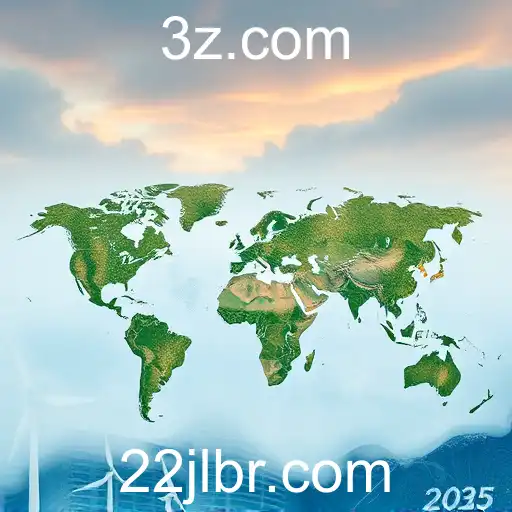22jl | Global Climate Policies Face New Challenges

As global leaders continue to grapple with the escalating impacts of climate change, the year 2025 marks a pivotal moment in the push for sustainable environmental policies. Recent developments at the United Nations Climate Change Conference have placed renewed emphasis on collective action to meet greenhouse gas reduction targets. However, despite declarations of intent, the practical implementation of these ambitious goals faces significant challenges.
In recent months, countries around the world have experienced a slew of unprecedented weather events, ranging from devastating floods in Southeast Asia to record-breaking heatwaves across Europe. Such events underscore the urgent need for effective climate policies and highlight the potentially catastrophic outcomes of inaction. With the climate crisis becoming increasingly tangible, public pressure is also mounting for governments to prioritize sustainability over short-term economic gains.
Innovations in technology and renewable energy sources offer a glimmer of hope, suggesting a pathway to achieving net-zero emissions. Solar and wind energy have become increasingly cost-effective, with companies and governments investing heavily in these sectors. Additionally, advancements in energy storage solutions and electric transportation are setting new standards for reducing carbon footprints.
However, challenges remain, particularly in the coordination and synchronization of policies across borders. Developing nations argue for greater support and fairer distribution of resources, highlighting the disparity in responsibility and capacity to tackle climate change. As tensions rise, diplomatic efforts are intensifying to bridge these divides. Environmental activists are also calling for more inclusive decision-making processes that consider the voices of indigenous communities and youth movements.
In this complex landscape, it is clear that the path forward requires not only technological innovation but also robust international cooperation. As countries look to 2026 and beyond, the need for collaborative and sustainable solutions has never been more pressing. The coming years will be crucial in determining whether global society can effectively address the environmental crisis or whether it will continue to succumb to its disruptive impacts.


Evolution of Online Gaming in 22jl
An exploration of the trends and developments in the online gaming community of 22jl as it aligns with global shifts in technology and player engagement in 2025.

Rise of Online Gaming in a Hyperconnected World
Exploring the impact and evolution of online gaming in today's fast-paced digital landscape with a spotlight on the popular platform, 22jl.

The Evolution of Online Gaming Communities in 2025
Exploring the landscape of online gaming communities as they continue to evolve and expand in 2025, with a focus on the role of platforms like 22jl.

AI Technologies Reshape Global Industries
Exploring how artificial intelligence is transforming global sectors and influencing economic growth.







